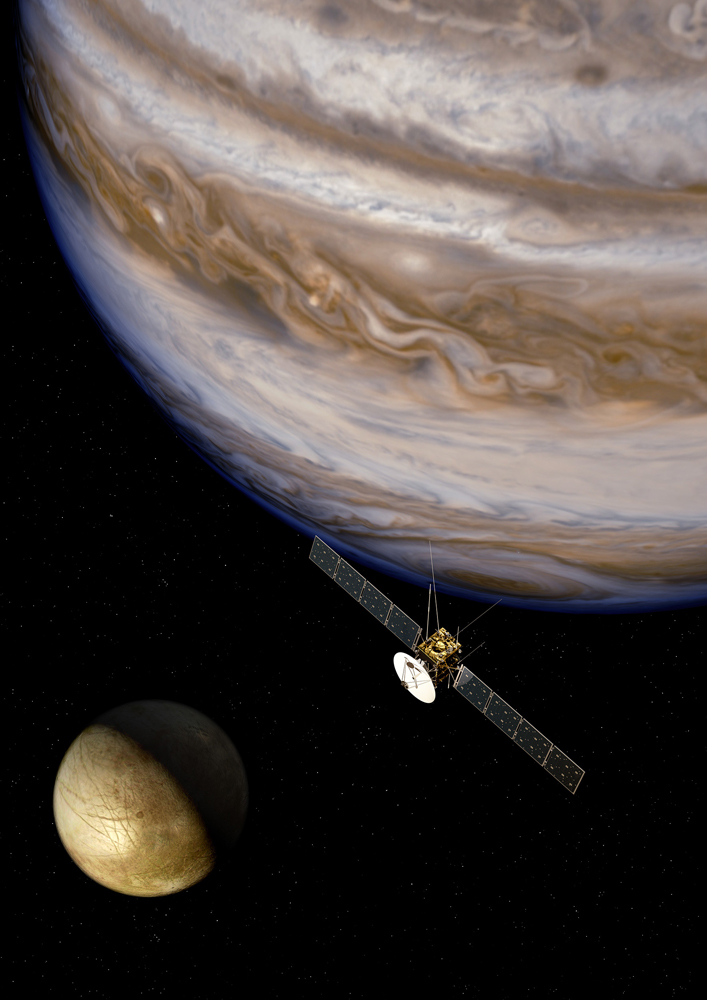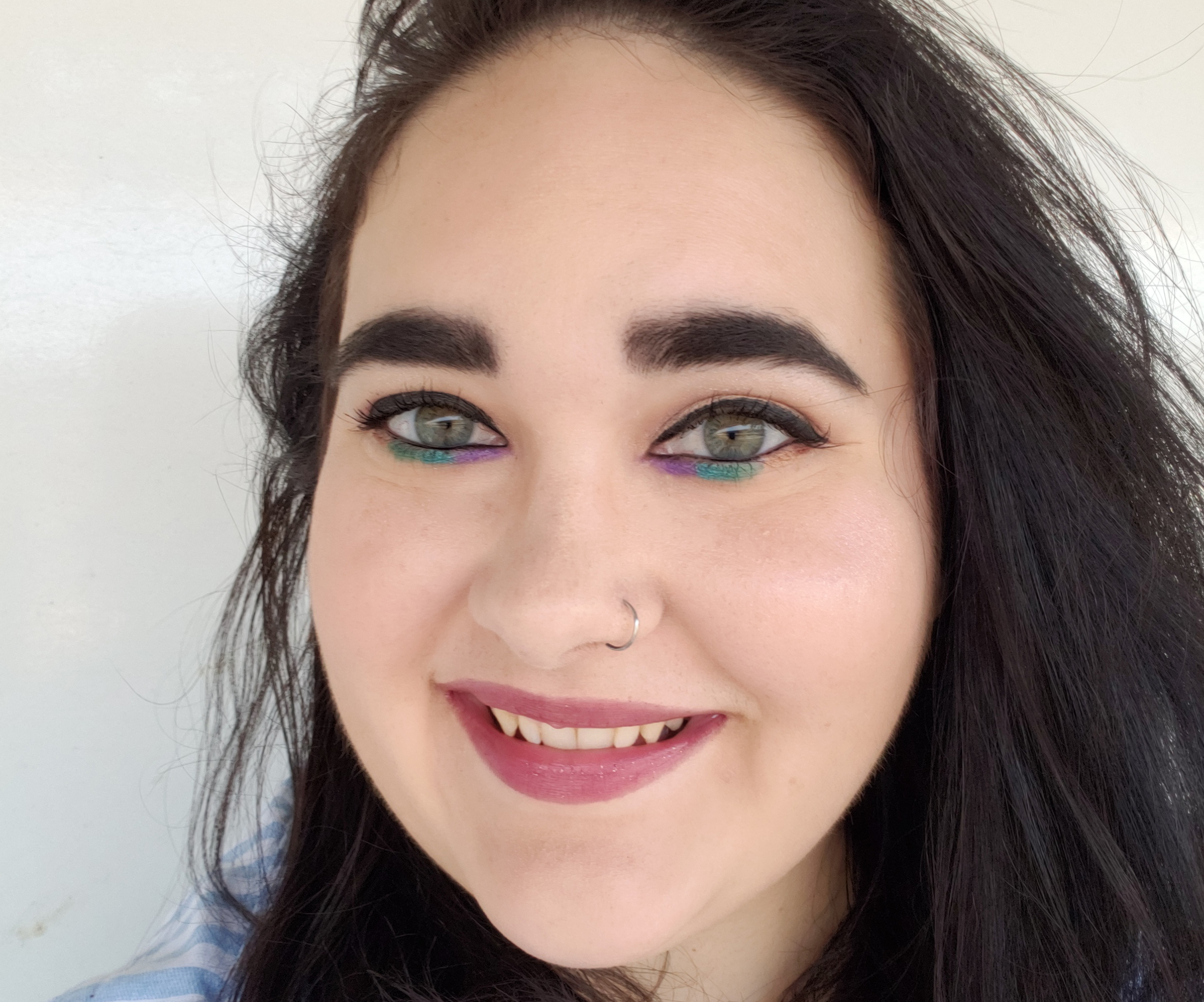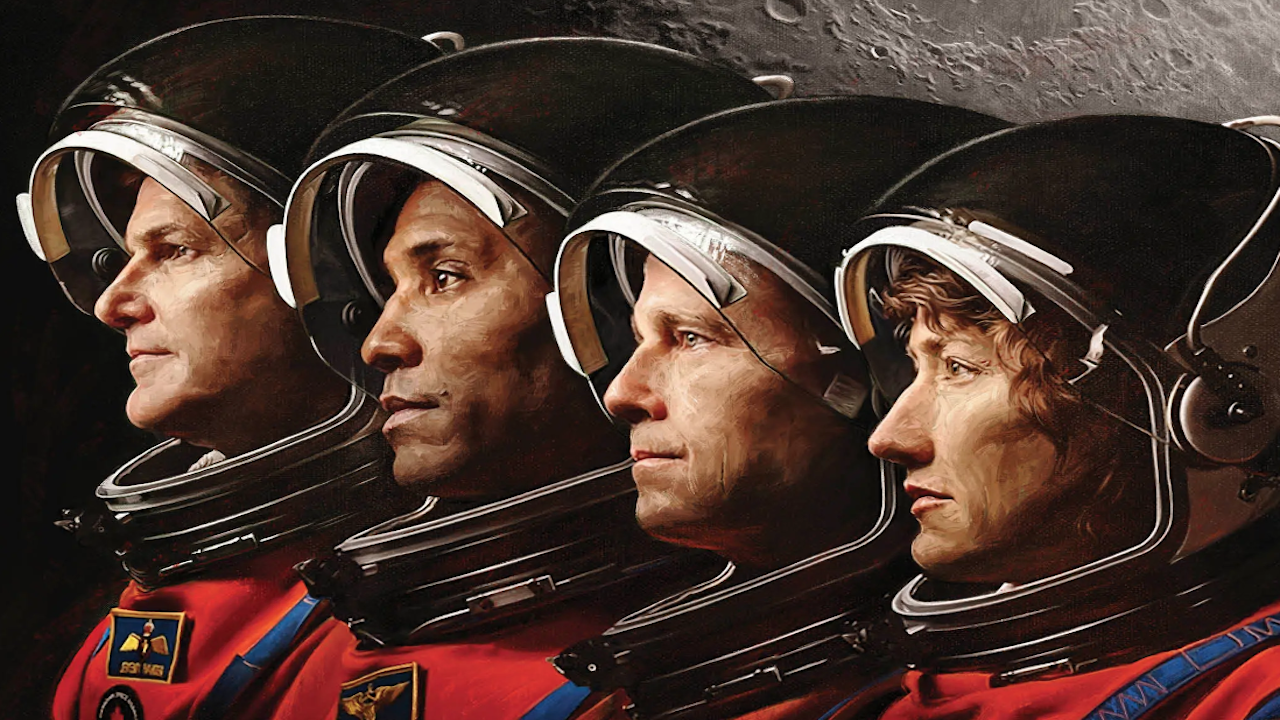JUICE-y Mission to Jupiter One Step Closer to Reality

This month the European Space Agency (ESA) took a major step closer to an ambitious exploration of Jupiter and its icy moons.
On July 16, the agency awarded a 350.8 million euros (about $385 million) contract to Airbus Defence & Space in France, whose engineers will design, develop, integrate and test the mission's JUICE spacecraft.
The JUICE mission (the name is short for JUpiter ICy moons Explorer) was selected in May 2012 as the first mission in the ESA's Cosmic Vision 2015-2025 program. The proposed mission will launch a solar-powered spacecraft to the Jovian system in 2022, where the probe will spend three and a half years exploring Jupiter's atmosphere, magnetosphere and set of dark rings. But the spacecraft won't focus solely on the giant planet. It will also study three of Jupiter's planet-size, icy moons: Callisto, Europa and Ganymede. [NASA Unveils Most Amazing View of Jupiter's Moon Europa Ever]
JUICE's planned eight-month exploration of Ganymede, the spacecraft's last task, will be the first time any spacecraft has orbited an icy moon. Ganymede is the only moon in the solar system to possess a magnetic field; the spacecraft will focus particularly on that field as well as the moon's crust. Scientists believe Ganymede hides a liquid ocean underneath its surface, and finding evidence of that ocean could provide clues to how planets form and the possibilities of life beyond Earth.
In order to explore Jupiter and its moons, the JUICE spacecraft will be equipped with 10 state-of-the-art instruments, including cameras, spectrometers, an ice-penetrating radar, an altimeter, radio-science experiments, and sensors to monitor the Jovian system's magnetic fields and charged particles, ESA officials said in a statement.
Scientists said they expect JUICE to begin examining Jupiter's system in 2030, after an eight-year trip through space.
Follow Kasandra Brabaw on Twitter @KassieBrabaw. Follow us @Spacedotcom, Facebook and Google+. Original article on Space.com.
Breaking space news, the latest updates on rocket launches, skywatching events and more!

Kasandra Brabaw is a freelance science writer who covers space, health, and psychology. She's been writing for Space.com since 2014, covering NASA events, sci-fi entertainment, and space news. In addition to Space.com, Kasandra has written for Prevention, Women's Health, SELF, and other health publications. She has also worked with academics to edit books written for popular audiences.
